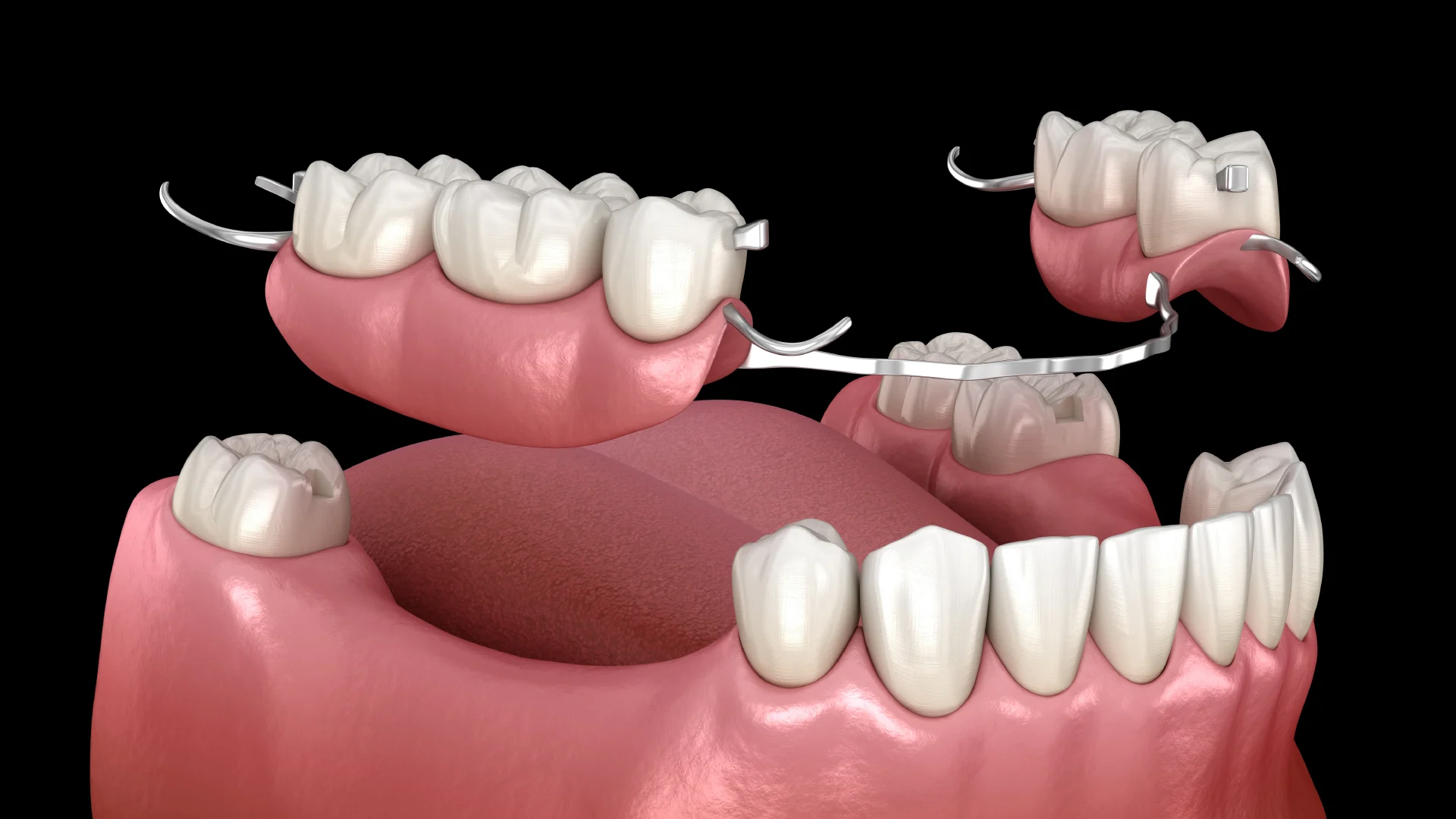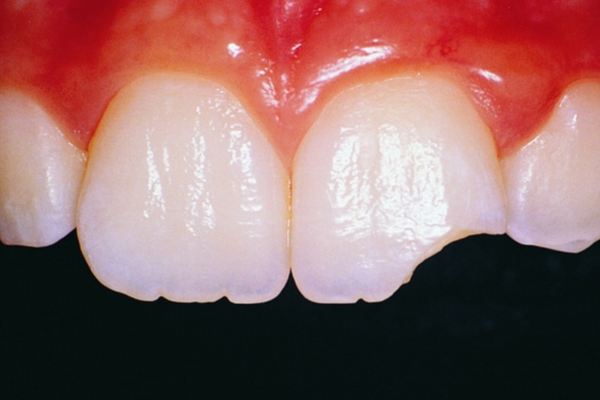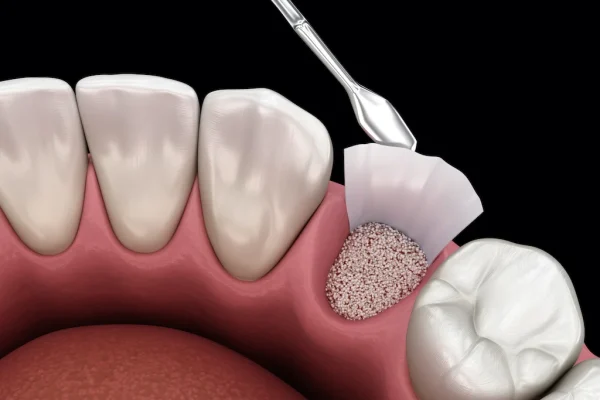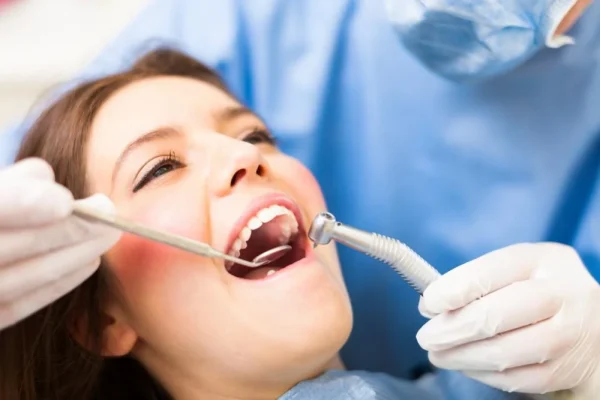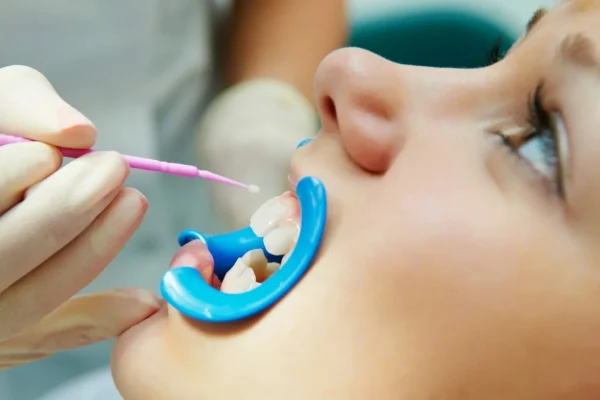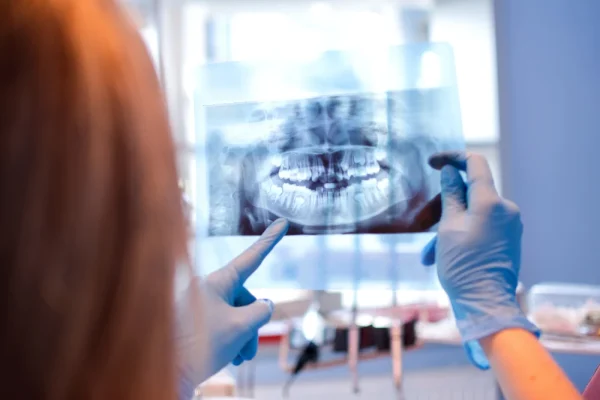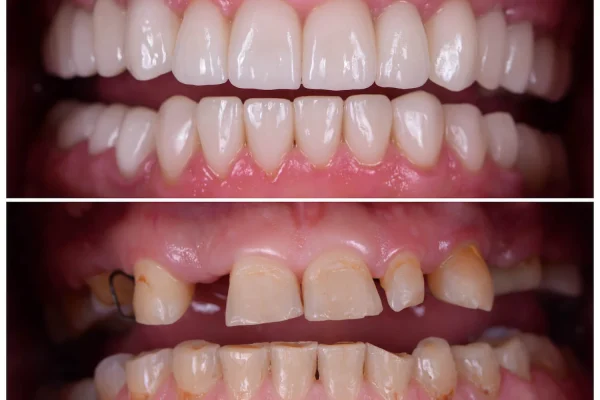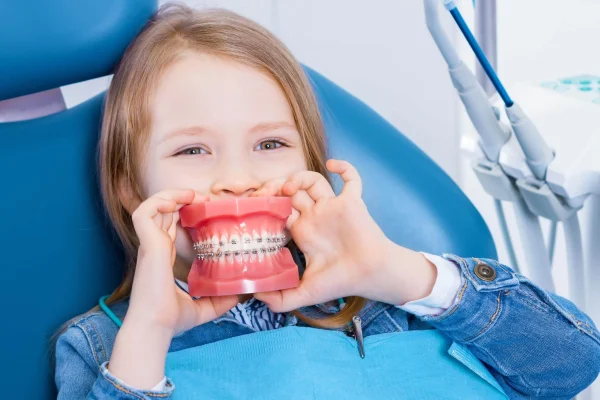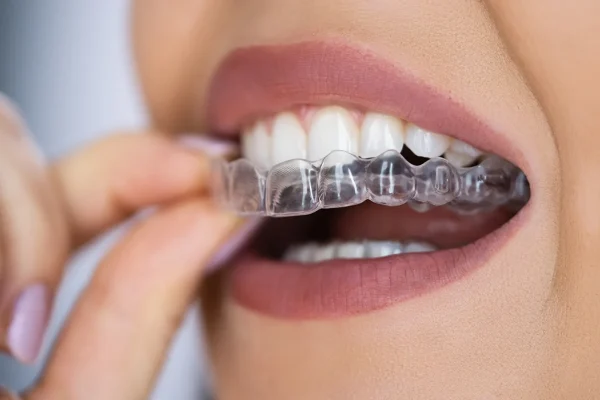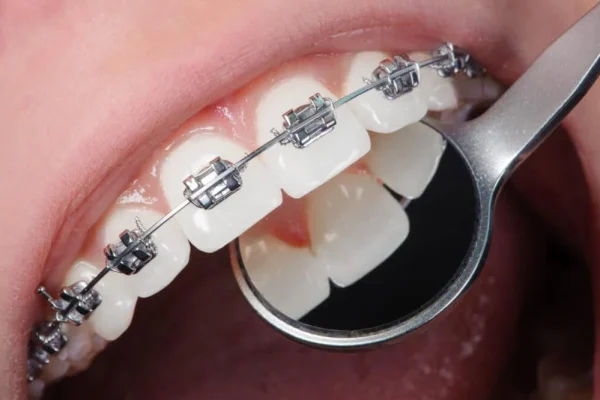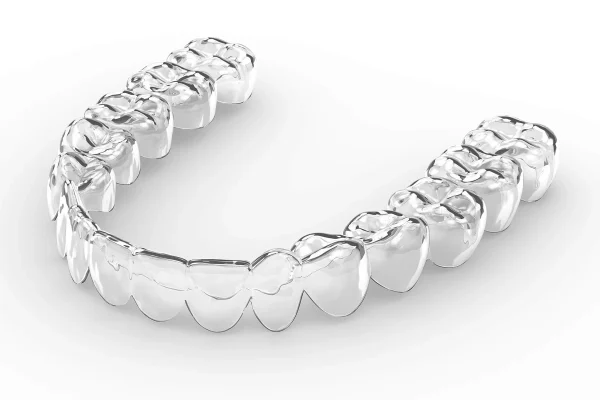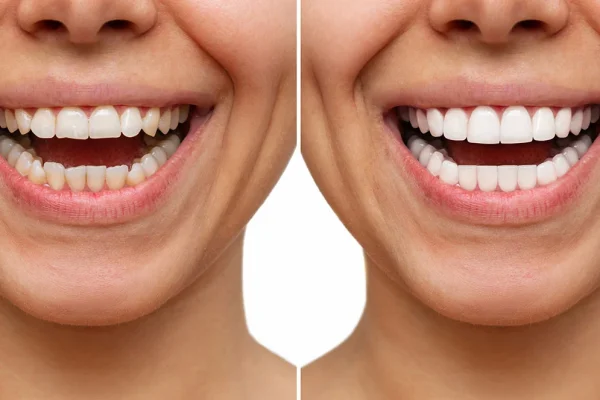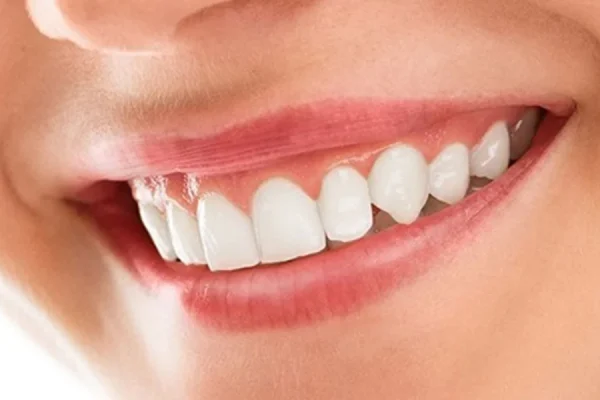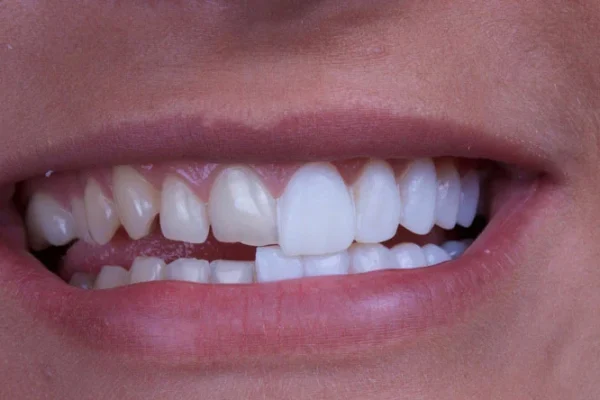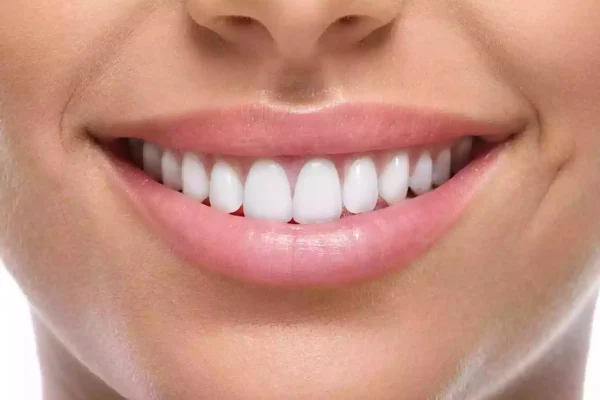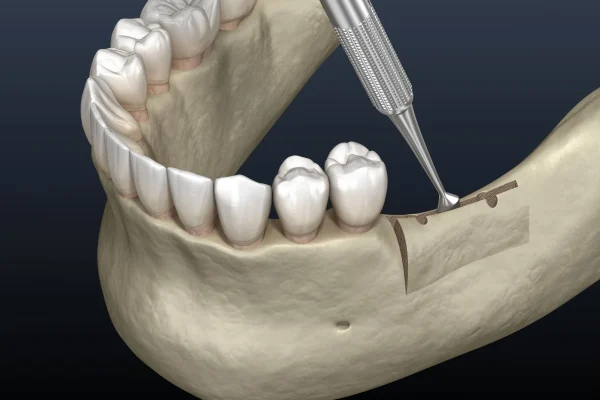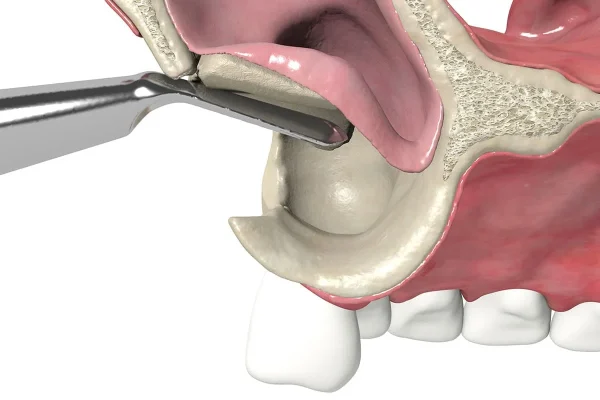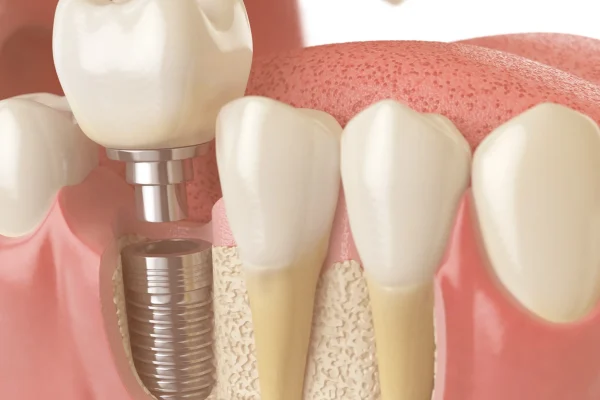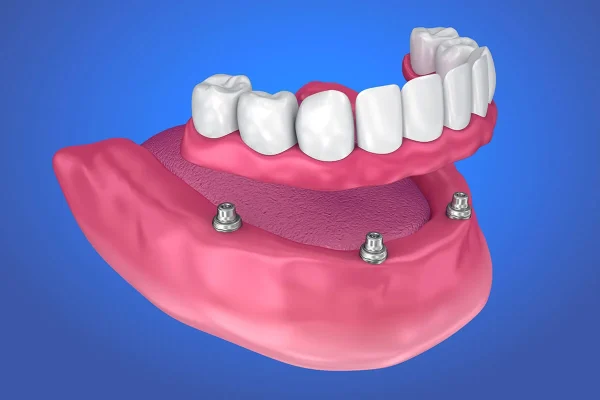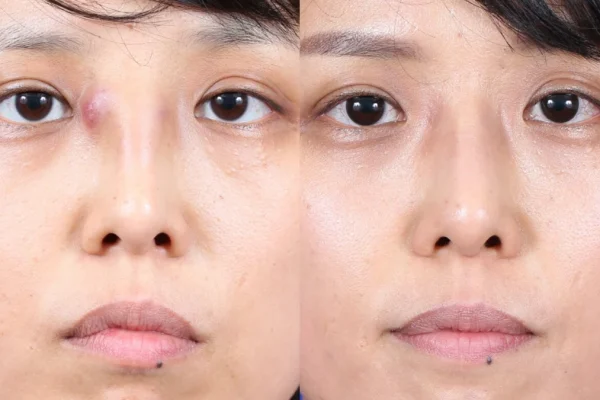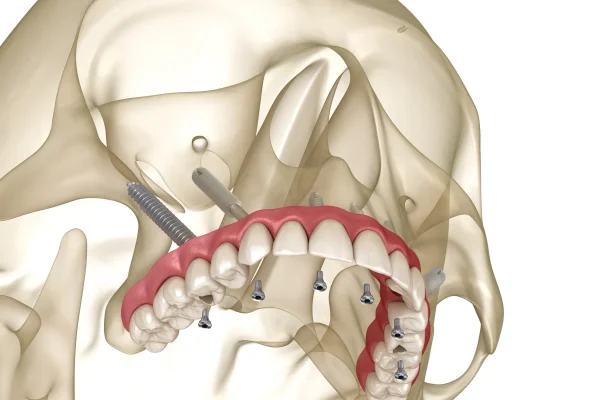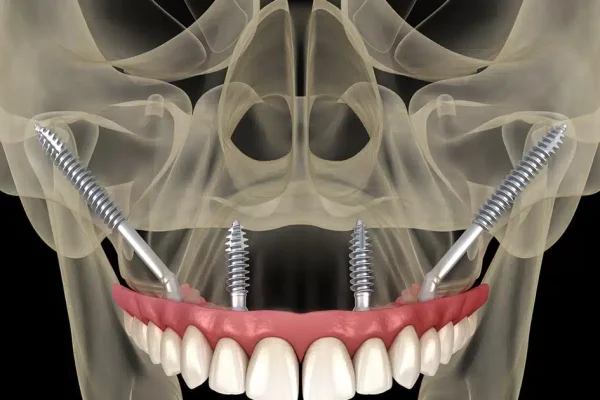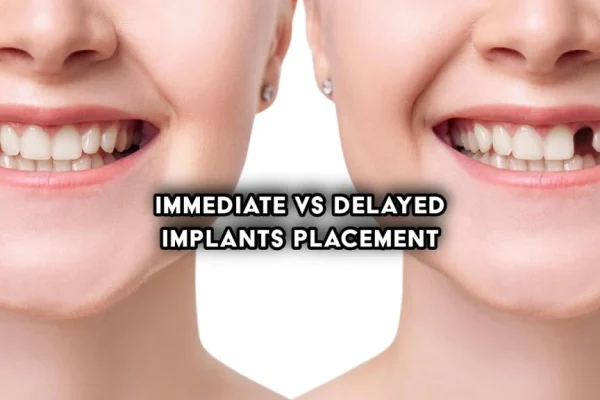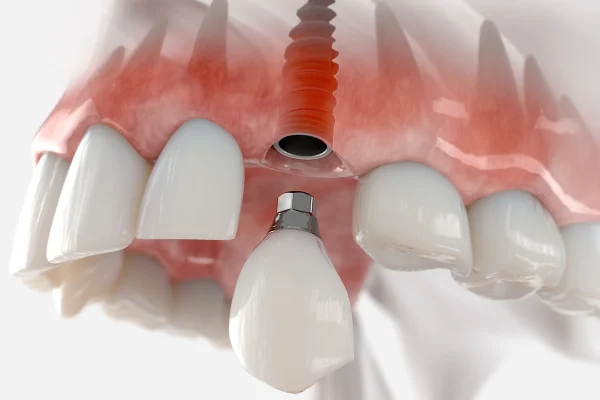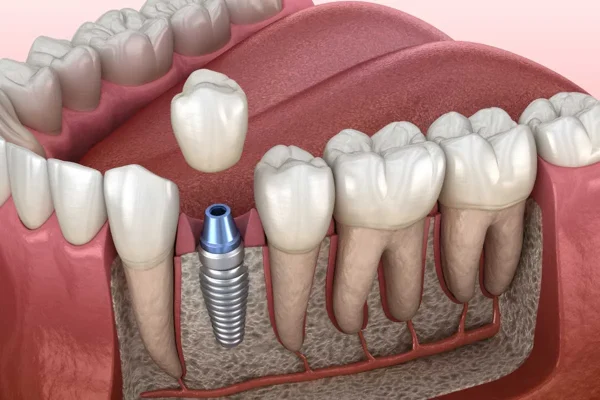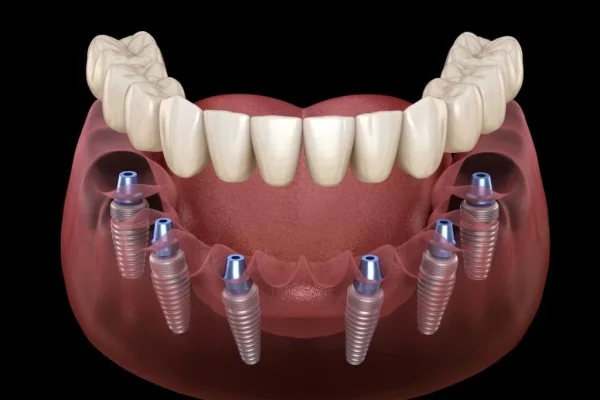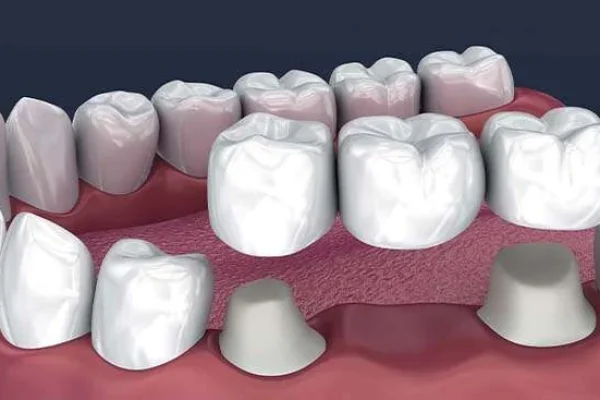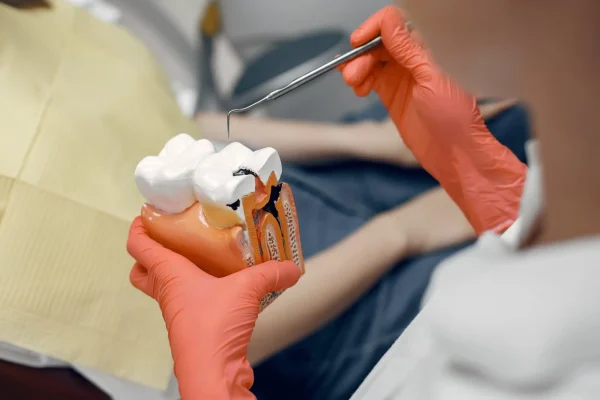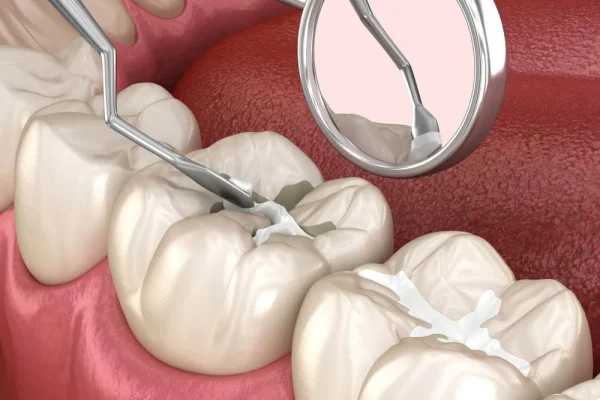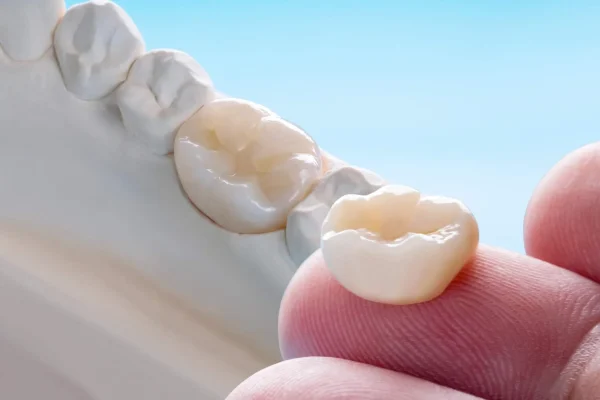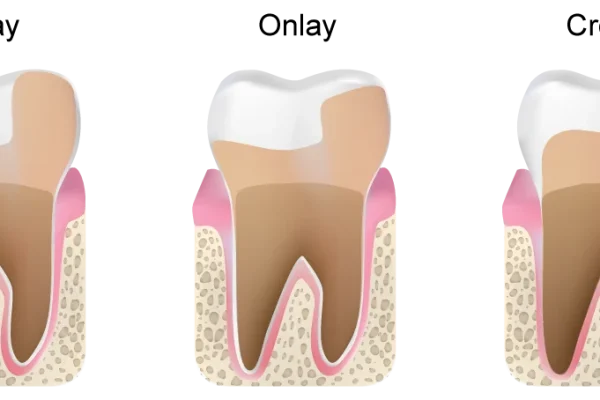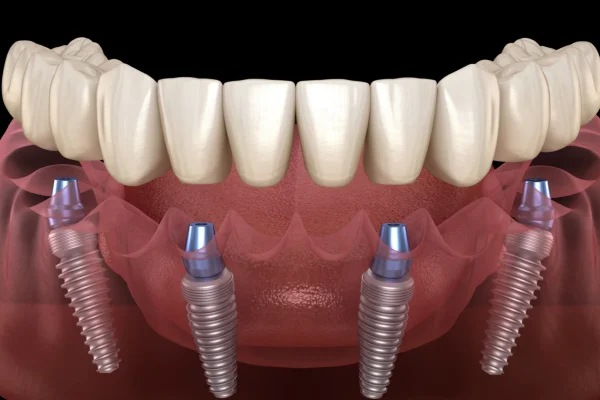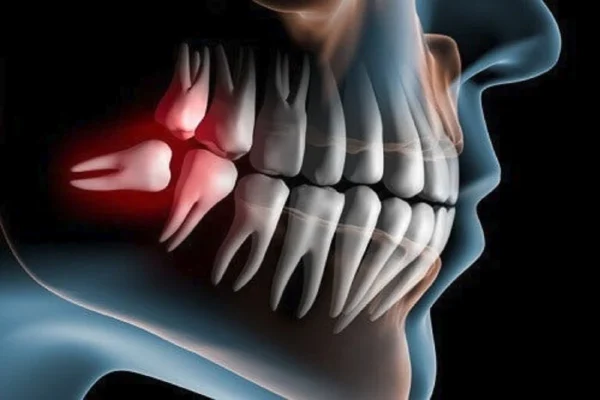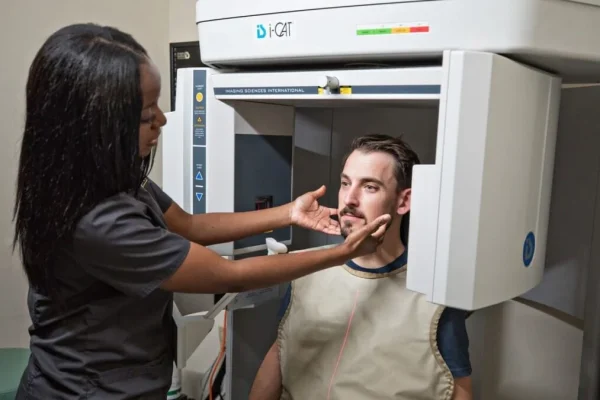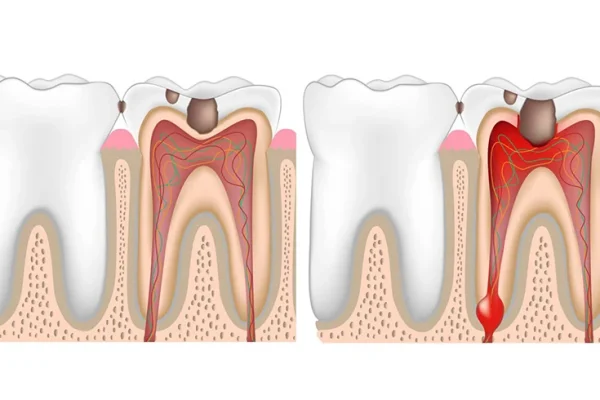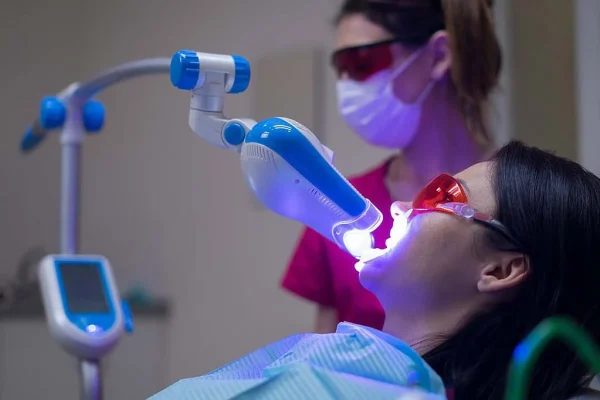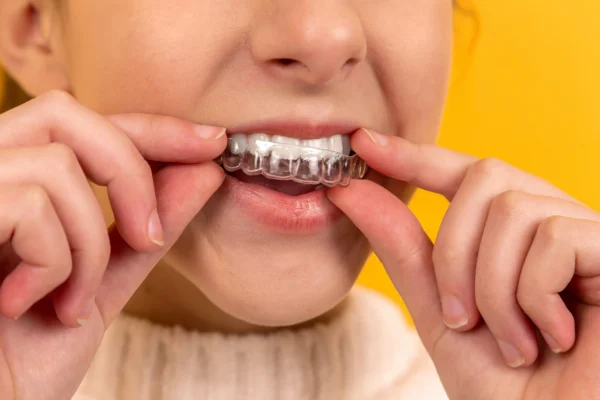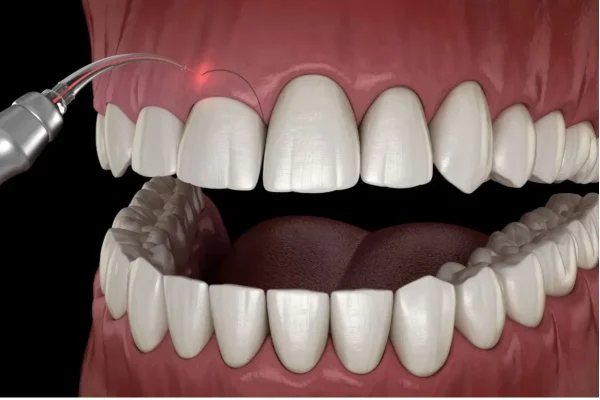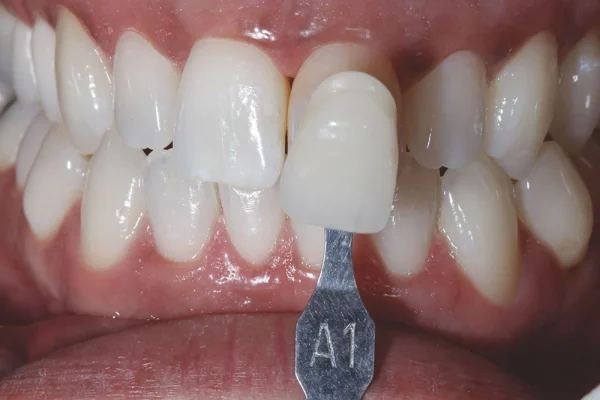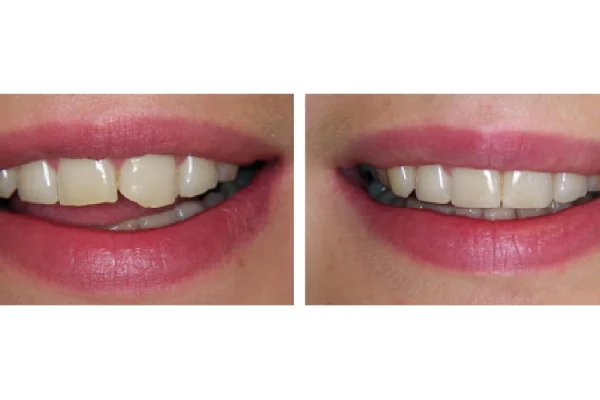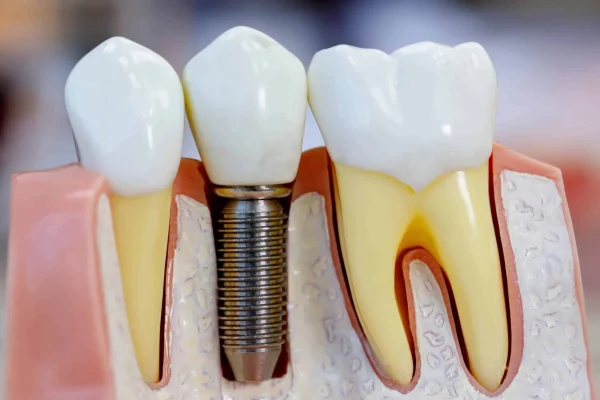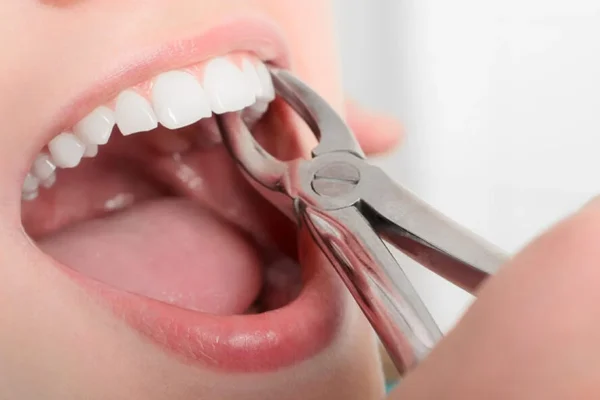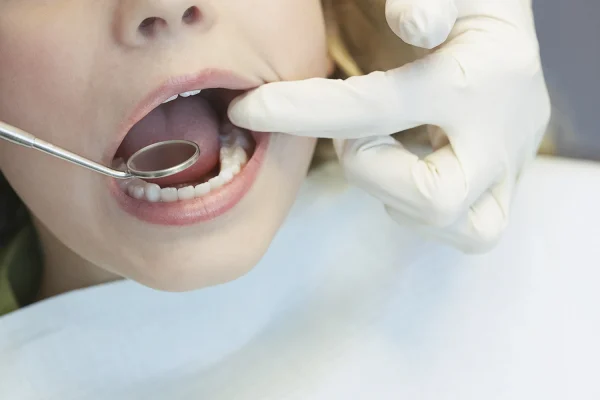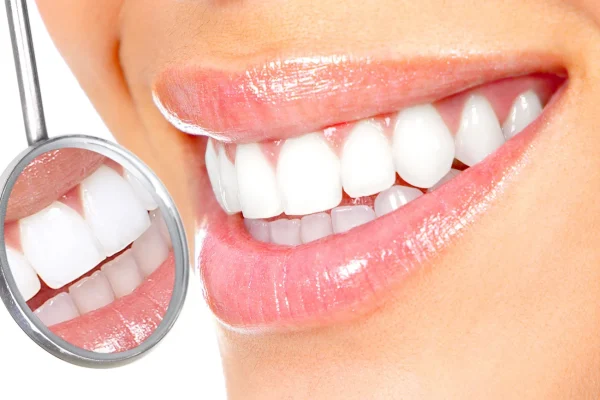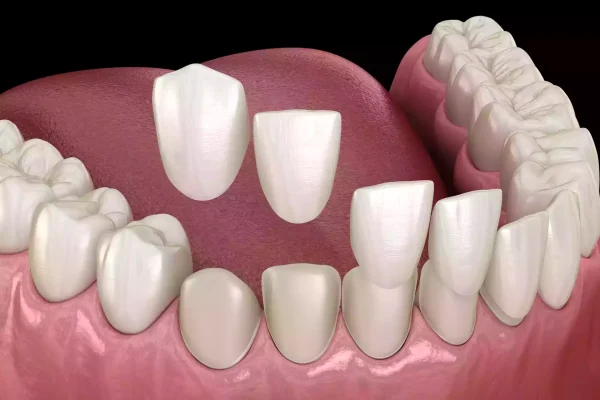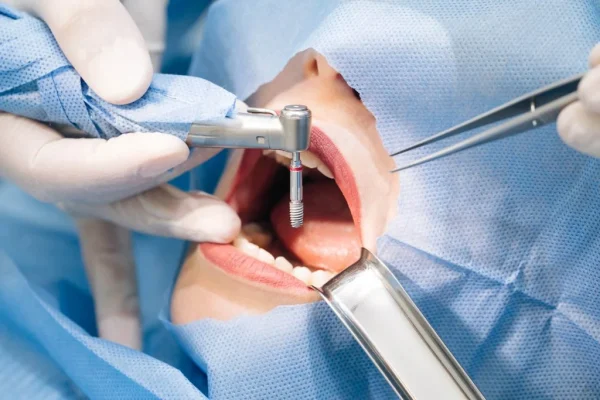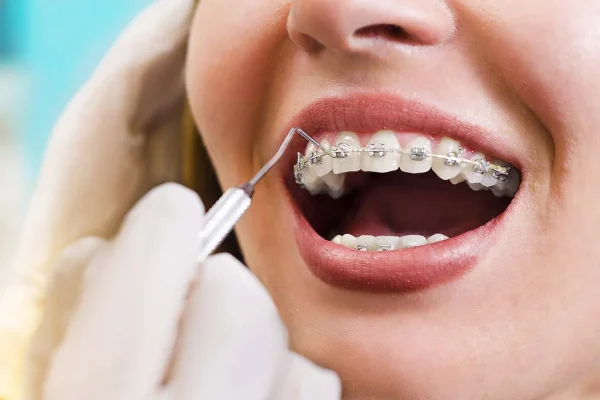Table of Contents
ToggleWhat Are Dental Prosthetics and Why Are They Important?

Dental prosthetics refer to artificial devices used to replace or repair damaged or missing teeth. These prosthetics play a vital role in restoring both the functionality and aesthetics of a person’s smile. They can enhance an individual’s ability to chew, speak, and even improve their overall oral health. By replacing missing teeth, dental prosthetics prevent further complications such as bone loss in the jaw, gum disease, and tooth shifting, which can result in misalignment of remaining teeth.
Why Replacing Missing Teeth Is Crucial for Maintaining Dental Health and Function
When teeth are lost, they not only affect one’s appearance but also disrupt the oral structure, causing neighboring teeth to shift out of place. This misalignment can lead to additional oral health issues, such as difficulty chewing or speaking properly. Additionally, the absence of teeth can result in the loss of jawbone density, a condition called resorption. Dental prosthetics prevent these problems by filling the gaps left by missing teeth, providing support for surrounding teeth and maintaining jaw health.
How Dental Prosthetics Improve Aesthetics, Chewing, and Speech
Dental prosthetics are designed to look and feel like natural teeth. Whether you’re opting for a dental implant, crown, or dentures, these devices not only restore your smile but also allow you to eat and speak with ease. Implants, for instance, function just like natural teeth, while dentures offer a removable solution to restore missing teeth. By improving aesthetics, dental prosthetics boost self-confidence and allow individuals to resume normal eating and speaking activities without the discomfort or embarrassment caused by missing teeth.
What Types of Dental Prosthetics Are Available?
When it comes to dental prosthetics, there are a variety of options available, each designed to meet specific needs and preferences. These prosthetics are classified into fixed or removable options, depending on the patient’s oral condition and the dentist’s recommendation. The four main types of dental prosthetics include dental implants, crowns, bridges, and dentures. Let’s explore each of these options in more detail.
Dental Implants
Dental implants are a modern solution to replace missing teeth. These are screw-like devices inserted directly into the jawbone, providing a permanent, natural-looking replacement for missing teeth. The implant serves as a replacement root, and a crown or bridge is placed over it to restore the tooth’s function and appearance.
Key Benefits of Dental Implants:
- Permanent Solution: Dental implants fuse with the jawbone, making them a stable, long-lasting option.
- Improved Functionality: Implants allow for normal chewing and biting without discomfort or restrictions.
- Prevention of Bone Loss: Since implants are anchored in the bone, they help prevent bone loss in the jaw, which can occur when teeth are missing.
Comparison with Dentures and Crowns
While dentures are removable and crowns are used to cover damaged teeth, implants are a permanent solution that provide the same functionality as natural teeth. Unlike dentures, which may require adjustments or replacements over time, implants are built to last a lifetime when properly cared for.
Crowns and Bridges
Crowns and bridges are commonly used to restore damaged or missing teeth. A dental crown is a cap that covers the entire surface of a damaged tooth, restoring its shape, size, and function. Crowns are typically made from porcelain, metal, or a combination of both. They are often used when a tooth is severely decayed, cracked, or discolored.
A dental bridge is used to fill the gap created by one or more missing teeth. It involves placing crowns on the neighboring teeth, with a false tooth (pontic) in between. Bridges are a great option for patients who want a permanent solution to missing teeth without opting for implants.
When Are Crowns and Bridges Necessary?
- Crowns: When a tooth is too damaged to be repaired with a filling but still has a healthy root structure.
- Bridges: When there are multiple missing teeth that need to be replaced, but the patient does not want dentures.
Dentures: Full and Partial Options
Dentures are removable prosthetic devices that replace missing teeth and surrounding tissues. There are two main types of dentures: full dentures and partial dentures.
Full Dentures: These are used when all teeth are missing from either the upper or lower jaw. Full dentures provide a complete set of replacement teeth, helping restore function and appearance.
Partial Dentures: These are used when only some teeth are missing. Partial dentures fill in the gaps left by missing teeth and are supported by the remaining natural teeth.
Benefits and Drawbacks of Dentures
- Benefits: Dentures offer a quick, affordable solution for tooth loss, are removable for easy cleaning, and help maintain the appearance of the face.
- Drawbacks: Dentures can be uncomfortable, require maintenance, and may need to be adjusted over time.
Dental Veneers
Dental veneers are thin shells made from porcelain or composite material that are placed over the front surface of teeth to improve their appearance. Veneers are ideal for patients looking to fix cosmetic issues, such as discoloration, chips, or uneven spacing.
Key Benefits of Dental Veneers:
- Aesthetic Enhancement: Veneers can dramatically improve the appearance of your smile by covering imperfections.
- Durability: With proper care, veneers can last for up to 15 years.
How Veneers Improve the Look of Your Teeth
- Correcting Discoloration: Veneers can cover teeth that are permanently stained or discolored, providing a bright, white smile.
- Fixing Chips and Gaps: Veneers can also be used to fix minor chips or gaps between teeth, offering a seamless smile.
How Long Do Dental Prosthetics Last?

The longevity of dental prosthetics depends on several factors, including the type of prosthetic used, the patient’s oral hygiene practices, and regular dental visits. Each dental prosthetic device has its own expected lifespan, but with proper care, they can last for many years. Understanding how long your dental prosthetic is expected to last and how to maintain it can help you avoid the need for early replacements.
Durability of Different Types of Dental Prosthetics
The lifespan of dental prosthetics varies significantly depending on the type chosen. Here’s a quick breakdown of the typical longevity of each type:
- Dental Implants: These can last a lifetime if properly cared for. The titanium posts that anchor the implants are designed to fuse with the bone and are extremely durable.
- Crowns: On average, dental crowns can last between 5 to 15 years, depending on the material used. Porcelain crowns are typically more durable but may be more prone to chipping.
- Bridges: Dental bridges can last anywhere from 5 to 15 years. Regular maintenance and proper oral care can extend their lifespan.
- Dentures: Dentures typically last 5 to 10 years before they need to be replaced or relined, depending on how well they are cared for.
- Veneers: With proper care, veneers can last from 10 to 15 years, but they may need to be replaced if they become damaged or worn over time.
Factors That Impact the Lifespan of Dental Prosthetics
Several factors can influence how long your dental prosthetics will last. These include:
- Oral Hygiene: Regular brushing, flossing, and professional cleanings will help prolong the life of your prosthetics by preventing plaque buildup, gum disease, and other oral health problems.
- Diet: Avoiding excessive consumption of sugary foods and hard-to-chew items can help prevent damage to your dental prosthetics.
- Regular Check-ups: Visiting your dentist regularly ensures that your prosthetics are in good condition and allows for early detection of any issues that could shorten their lifespan.
- Material Quality: Higher-quality materials tend to last longer, which is why it’s essential to invest in quality prosthetics for the best long-term results.
What Affects the Longevity of Prosthetics?
While the type of prosthetic plays a significant role in determining its lifespan, other factors also impact its durability. Let’s look at what you can do to extend the life of your dental prosthetics.
Maintenance Tips to Extend the Life of Dental Prosthetics
- Routine Cleaning: Regularly clean your dentures, crowns, or bridges according to your dentist’s recommendations to prevent plaque buildup and staining.
- Use a Night Guard: For those with dental implants or crowns, using a night guard can help protect your prosthetics from damage caused by teeth grinding.
- Avoid Hard Foods: Chewing on hard foods like ice or nuts can cause fractures in dental prosthetics, especially crowns and veneers.
Common Issues Leading to Wear and Tear
- Damage from Hard Foods: Biting into hard objects can cause chips or cracks, particularly in crowns and veneers.
- Wear and Tear from Use: Over time, prosthetics such as dentures may wear down or lose their fit due to changes in the mouth, requiring adjustments or replacements.
- Cement or Adhesive Breakdown: The cement used to hold crowns, bridges, and dentures in place may degrade over time, leading to looseness or failure.
Is It Better to Get Crowns or Dentures?

Choosing between crowns and dentures is a common dilemma for individuals needing dental prosthetics. Both offer unique advantages and can restore missing or damaged teeth, but the decision ultimately depends on your specific needs, oral health, and lifestyle. Understanding the pros and cons of each can help you make an informed choice.
Comparing the Pros and Cons of Crowns Versus Dentures
Both crowns and dentures serve distinct purposes in dentistry. Here’s a comparison of the two:
- Crowns:
- Pros:
- Crowns are a permanent solution for restoring damaged or decayed teeth.
- They blend seamlessly with natural teeth, providing a more aesthetic result.
- Crowns prevent further damage to the existing tooth structure and offer durability, often lasting 10 to 15 years.
- Cons:
- Crowns may require drilling and reshaping the existing tooth.
- If the surrounding tooth is too weak or decayed, a crown may not be feasible without additional treatment like a root canal.
- Pros:
- Dentures:
- Pros:
- Dentures are removable and can replace multiple missing teeth, making them a flexible solution for significant tooth loss.
- They are more affordable than implants or crowns, providing an economic option for those on a budget.
- Dentures can be customized to fit your mouth and are available in both full and partial forms.
- Cons:
- Dentures can take time to get used to and may cause discomfort initially.
- They require daily removal for cleaning and maintenance.
- They may not be as durable as crowns or implants, and their fit can change over time due to jawbone resorption.
- Pros:
How to Determine Which Option Is Best for Individual Needs
When deciding between crowns and dentures, consider the following factors:
- Amount of Tooth Loss: If you have only one or a few damaged teeth, crowns may be a better option. However, if you have multiple missing teeth, dentures might be necessary.
- Oral Health and Bone Structure: If you have a strong jawbone and healthy gums, crowns or implants may be the best option. However, if your bone structure has deteriorated, dentures may be more suitable.
- Budget: Crowns and implants can be more expensive, especially when multiple teeth need to be restored. Dentures offer a more affordable alternative, especially for those needing full teeth replacement.
- Lifestyle Preferences: If you prefer a permanent solution with minimal upkeep, crowns or implants might be a better fit. On the other hand, if you prefer flexibility and ease of removal, dentures could be the right choice.
When Are Crowns the Best Option?
Crowns are ideal for individuals who have a single damaged tooth that needs restoration. They are also an excellent solution for teeth that have large fillings or those that are cracked or weakened by decay.
Scenarios Where Crowns Provide the Most Effective Solution
Crowns are most effective in the following situations:
- Restoring a Severely Decayed Tooth: When a tooth has significant decay but the root is still intact, a crown can restore its function and appearance.
- Post Root Canal Treatment: Teeth that have undergone a root canal often require a crown to protect the tooth and restore its strength.
- Cosmetic Improvement: Crowns can improve the appearance of discolored or misshapen teeth, providing a more aesthetically pleasing smile.
Advantages of Crowns Over Other Prosthetics
- Durability: Crowns are built to last and can provide long-term protection for your teeth.
- Natural Appearance: Modern crowns are made of materials like porcelain, which mimic the appearance of natural teeth.
- Functionality: Crowns restore the full function of a tooth, allowing you to chew and speak normally.
When Are Dentures the Best Option?
Dentures are a versatile and effective solution for people with missing teeth, whether it’s a few or a full set. Dentures can replace missing teeth and provide support to the remaining gums and teeth, offering improved functionality and aesthetics.
Ideal Situations for Choosing Dentures
Dentures may be the best option when:
- Multiple Teeth Are Missing: If several teeth are missing in the upper or lower jaw, dentures provide a comprehensive solution to restore functionality and aesthetics.
- Bone Loss: For patients who have experienced bone loss in the jaw, dentures may be recommended because they do not require as much bone structure as implants or crowns.
- Cost Considerations: Dentures are often more affordable than implants or crowns, making them an accessible option for those on a budget.
The Flexibility and Comfort Offered by Dentures
One of the key advantages of dentures is their flexibility:
- Removable: Dentures can be easily removed for cleaning and maintenance, providing convenience for patients.
- Customizable Fit: Dentures are tailored to fit your mouth comfortably, and adjustments can be made over time to ensure the best fit.
What Are the Benefits of Dental Prosthetics?
Dental prosthetics offer numerous benefits, making them a crucial part of restorative dentistry. Whether you’re replacing a single tooth or multiple teeth, dental prosthetics help restore functionality, aesthetics, and overall oral health. Below are some of the key benefits of dental prosthetics that improve the quality of life for patients.
How Dental Prosthetics Improve Quality of Life
Dental prosthetics serve both functional and aesthetic purposes, offering several improvements in daily life:
- Restoring Chewing Functionality: Missing teeth can significantly affect your ability to chew food properly, leading to digestive problems. Dental prosthetics restore the ability to chew effectively, allowing patients to enjoy a broader range of foods.
- Enhanced Speech: Missing teeth, especially in the front of the mouth, can impact speech, making it difficult to pronounce certain words. Prosthetics help restore normal speech patterns, boosting confidence in communication.
- Prevention of Additional Dental Problems: Replacing missing teeth helps prevent issues such as shifting teeth, bite misalignment, and gum disease. Properly placed prosthetics support the surrounding teeth and gums, maintaining oral health.
Impact on Self-esteem, Functionality, and Health
One of the most significant benefits of dental prosthetics is the improvement in a person’s self-esteem and quality of life. Here are the psychological and health-related advantages:
- Aesthetic Improvement: Missing or damaged teeth can affect a person’s appearance and cause self-consciousness. Prosthetics, such as crowns, veneers, or dentures, can enhance the appearance of your smile, restoring confidence.
- Improved Oral Health: Dental prosthetics not only improve the look of your teeth but also contribute to better oral health. By filling in gaps and supporting the remaining teeth, prosthetics help maintain the alignment and health of the jaw.
- Reduced Risk of Bone Loss: Dental implants, in particular, help prevent bone loss in the jaw that often occurs when teeth are missing. This is important for maintaining facial structure and preventing further complications.
Improved Oral Functionality
Dental prosthetics have a direct impact on improving the functionality of the mouth. These devices help restore the ability to chew, speak, and smile naturally. Additionally, prosthetics help maintain the alignment of the teeth and support the structure of the mouth.
Restoring the Ability to Chew and Speak
- Chewing Efficiency: Dental prosthetics restore the function of natural teeth, enabling patients to chew food properly and without discomfort. This is especially important for patients with significant tooth loss.
- Speech Clarity: Prosthetics, such as dental implants or dentures, help improve speech by supporting the mouth and improving pronunciation. This is particularly beneficial for people who have trouble speaking due to missing teeth.
Benefits of Prosthetics in Maintaining Jaw Health and Alignment
Prosthetics, especially dental implants, are essential for maintaining jawbone health and preventing the collapse of facial structure:
- Jawbone Preservation: Dental implants are anchored directly into the jawbone, helping to stimulate the bone and prevent bone loss, which often occurs when teeth are missing.
- Maintaining Alignment: Prosthetics help preserve the alignment of the remaining teeth, preventing them from shifting out of place and causing bite issues.
Aesthetic and Psychological Benefits
Dental prosthetics do more than just restore functionality—they can significantly improve a person’s smile, appearance, and overall well-being.
Enhancing Smile Aesthetics and Confidence
- Natural-Looking Results: Modern dental prosthetics, such as porcelain veneers or crowns, are designed to look like natural teeth, providing a seamless and aesthetically pleasing result.
- Boosting Self-Confidence: Restoring a smile with dental prosthetics can boost self-esteem, allowing individuals to smile freely and feel confident in social situations.
Psychological Impact of Restoring Teeth Appearance
- Emotional Well-being: Many individuals feel self-conscious about missing teeth, which can impact their social interactions and overall mental health. By restoring the appearance of the teeth, dental prosthetics contribute to improved emotional well-being and confidence.
What Is the Difference Between a Prosthesis and an Implant?
Understanding the distinction between a dental prosthesis and a dental implant is essential when considering restorative options for missing or damaged teeth. While both options serve similar purposes, they differ in their functionality, placement, and long-term results.
Detailed Comparison Between Prostheses and Dental Implants
A dental prosthesis is any device used to replace missing teeth, whether it’s removable or fixed. In contrast, a dental implant is a more permanent solution that replaces the root of a missing tooth.
- Dental Prosthesis:
- Prostheses include crowns, bridges, dentures, and veneers.
- They can be either fixed or removable depending on the type.
- Prostheses can restore the functionality of missing teeth, but they may not address underlying bone loss, especially in cases of multiple missing teeth.
- Dental Implants:
- Dental implants involve surgically placing a titanium post into the jawbone, which acts as a replacement for the tooth root.
- A crown, bridge, or denture can then be placed on the implant to restore the missing tooth.
- Implants provide a more permanent solution, promoting bone growth and preventing further bone loss.
When to Choose One Over the Other Based on Patient Needs
- Prosthesis:
- Prostheses may be the best option when the tooth loss is not severe or when there is insufficient bone for implants.
- If you’re looking for a less invasive and more affordable solution, a prosthesis may be a good choice.
- Ideal for people who prefer a removable solution, like dentures or partial dentures.
- Implants:
- Implants are the best option for individuals with sufficient bone structure who want a permanent, natural-looking solution.
- They are suitable for people who want to prevent bone loss and need a solution that lasts for decades.
- Implants are more cost-effective in the long run due to their longevity and functionality.
Prosthesis vs. Implant: Which Is Right for You?

Choosing between a prosthesis and an implant depends on various factors, including your oral health, budget, and long-term goals for tooth restoration. Understanding the unique benefits of each can help you make a decision that suits your needs.
Key Differences in Functionality, Cost, and Longevity
- Functionality:
- Implants offer superior functionality, as they mimic the natural tooth root and help maintain the bone structure.
- Prostheses may be less effective in terms of long-term functionality, especially in cases where the jawbone has deteriorated.
- Cost:
- Implants are generally more expensive upfront due to the surgical procedure involved.
- Prostheses like dentures or bridges may be more affordable initially but may need replacements or adjustments over time.
- Longevity:
- Dental implants have a long lifespan, with many lasting 25 years or more if properly maintained.
- Prostheses, such as dentures and bridges, typically need to be replaced every 5 to 15 years, depending on wear and tear.
A Guide to Making an Informed Decision
To make an informed decision between a prosthesis and an implant, consider the following factors:
- Your budget: Implants are a more significant financial investment upfront but may offer more long-term savings.
- Bone health: If you have enough healthy bone, implants can be a more permanent solution. If not, you might need a prosthesis or an alternative treatment.
- Desired outcome: If you’re seeking a permanent, natural solution, implants are the way to go. For temporary or removable options, prostheses are a good choice.
Frequently Asked Questions About Dental Prosthetics
How Long Do Dental Prosthetics Last?
The lifespan of dental prosthetics depends on the type used:
- Crowns: Typically last 10 to 15 years.
- Dentures: Can last 5 to 10 years, though they may need adjustments due to changes in the jawbone.
- Implants: Can last a lifetime with proper care, although crowns placed on implants may need to be replaced after 10 to 15 years.
Can I Eat with a Prosthetic Tooth?
Yes, you can eat with prosthetic teeth. However, the type of prosthesis you have will influence what foods you can enjoy:
- Crowns and implants: These provide full functionality, allowing you to eat most foods.
- Dentures: You may need to adjust your eating habits, particularly when it comes to hard or sticky foods. Dentures should be removed and cleaned after meals to maintain oral hygiene.

